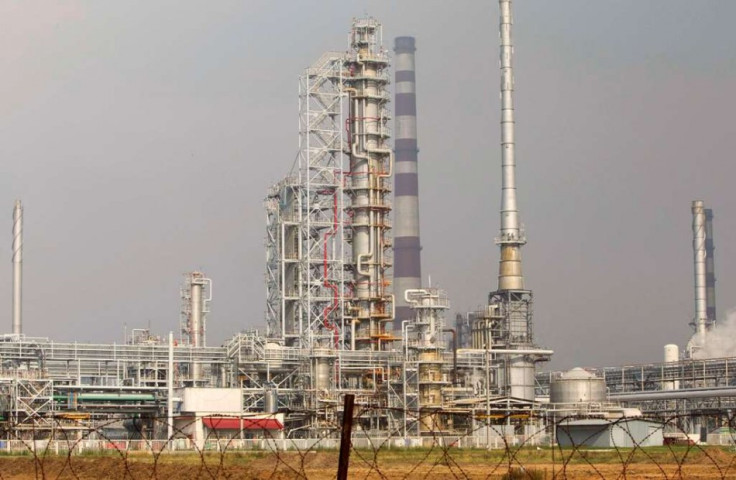Belarus Must Tighten Belts as IMF says Outlook for External Aid Uncertain

The fiscal health of Belarus is still very weak and the country has to intensify reforms to get back to normal, the International Monetary Fund said on Wednesday.
Partial policy tightening by the east European country sharing its border with Russia and Ukraine has helped contain demand but policies remain inconsistent, levying inflation above 20% in the country, the Fund said.
"Wage growth has slowed but remains too high. Credit growth was also reduced but because directed lending volumes continue to be excessive, more viable commercial credits have unduly borne the brunt of the adjustment that was needed to lower overall lending growth."
Additional IMF aid will depend upon successful implementation of structural reforms, the fund said in its 29 October press release.
"If the authorities are prepared to make decisive changes to their current policies over the coming months to achieve such a strong package, the Fund stands ready to commence work toward a new program."
Trade Scenario and Russia
IMF said Belarus is likely to see pressures return unless there is decisive further action.
"The growth outlook remains difficult owing to domestic constraints and the weak external environment. Meanwhile the availability of additional external financing is highly uncertain," the Fund said.
The trade balance of Belarus is expected to deteriorate again as the destocking trend tapers off and seasonal factors weigh on imports in the later months of the year, IMF said.
"The agreement with Russia to retain oil duties offers some relief from 2015 onward but slowing Russian growth and geopolitical tensions in the region pose downside risks."
Privatisation
Belarus should pair its recent steps in the area of price liberalisation with decisive and credible complementary reforms aimed at enhancing the market orientation of the economy, IMF said.
"These should include the rapid phase out of mandatory targets for enterprises and credible plans for privatisation. Social safety nets should be strengthened to protect the most vulnerable," the fund added.
© Copyright IBTimes 2025. All rights reserved.





















